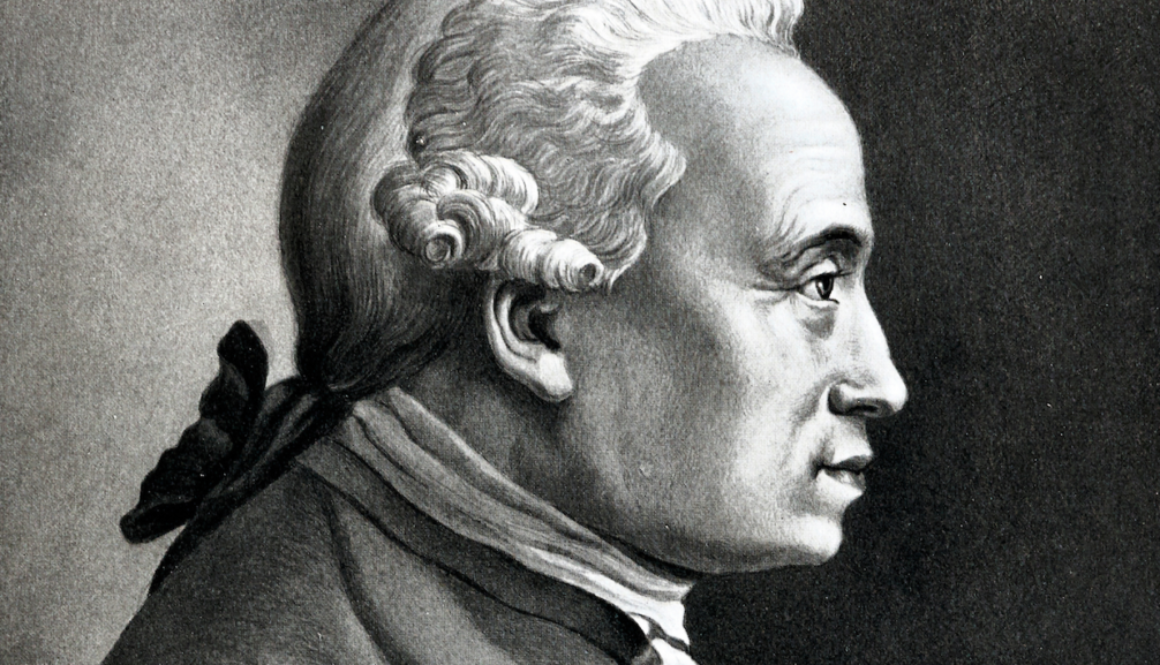The influence of Kant’s philosophical sketch of perpetual peace
Today, the world is a far different place than it was when Kant wrote his essay on perpetual peace. In the intervening centuries, we have witnessed the rise and fall of empires, the advent of democracy, two world wars, and the birth of the nuclear age. Yet despite all these changes, Kant’s vision of perpetual peace remains as relevant as ever. In his essay, Kant argues that lasting peace is possible only if nations adhere to certain principles, such as respect for human rights and international law. He also proposes a number of institutions that he believes are essential for preserving peace, including a league of nations and a system of international criminal courts. While some of Kant’s ideas may seem outdated, his sketch of perpetual peace nonetheless provides an important blueprint for achieving our modern-day quest for a world without war.
The three maxims of perpetual peace
In “Perpetual Peace: A Philosophical Sketch,” Kant put forth three maxims for securing eternal peace among nations. First, he argued that states should form republican governments. Second, he proposed that international agreements should be kept and that there should be a right to asylum. Lastly, Kant argued that nations should stop expanding their territories. Though these ideas may have seemed radical at the time, they have since been adopted by many countries and organisations around the world. Today, the United Nations has 193 member states, all of which have committed to working towards peace and security within their borders and beyond. In light of this, it is clear that Kant’s maxims continue to hold relevance in today’s global community.

There are a few criticisms of Kant’s sketch of perpetual peace. One is that it relies too heavily on reason, and not enough on emotion. Another is that it doesn’t account for the fact that people are often irrational. Finally, some people argue that Kant’s ideas are too idealistic and that they wouldn’t work in the real world. However, these criticisms don’t take away from the fact that Kant’s sketch is a fascinating thought experiment. It’s still worth considering what a world might look like if we all followed his principles. Who knows, maybe one day we’ll actually achieve perpetual peace!
The idea of a cosmopolitan federation
In his influential 1795 work “Perpetual Peace: A Philosophical Sketch,” German philosopher Immanuel Kant put forth the idea of a cosmopolitan federation as a means of achieving perpetual peace. The federation would be composed of representatives from various nations, and its primary purpose would be to arbitrate disputes between different states. Kant believed that such a system would incentivise states to resolve their differences peacefully, as the use of force would likely lead to expulsion from the federation. In addition, the federal government would have the power to enforce its decisions, ensuring that all member states complied with the terms of peace agreements. While Kant’s sketch was merely a thought experiment, his idea of a cosmopolitan federation continues to resonate with those who seek a more peaceful world.
Cosmopolitanism is a way of thinking that emphasizes the interconnectedness of all people and cultures. In cosmopolitan thinking, we see ourselves not as citizens of one nation or members of one culture, but as members of the human race. We view the world not as a collection of isolated countries, but as a global community. This way of thinking has its origins in ancient Greece, where it was first articulated by the philosopher Diogenes. Cosmopolitanism has been embraced by thinkers throughout history, from the Roman Stoics to modern-day philosophers like Jürgen Habermas. Today, cosmopolitanism is more important than ever, as we face global challenges like climate change and pandemics that require international cooperation. By embracing cosmopolitan thinking, we can build a better future for all.

Kant’s legacy and relevance today
In his groundbreaking work, Perpetual Peace: A Philosophical Sketch, Kant proposed a plan for how different nations could live together in peace. Over two hundred years later, his ideas are still studied and debated by scholars. Kant’s vision of perpetual peace was based on the belief that reason, rather than force, should be used to settle conflicts between nations. He also believed that all nations should have a republican form of government, in which the people elect their leaders. Furthermore, he thought that nations should respect the sovereignty of other nations and refrain from interfering in their affairs. Although Kant’s ideas were radical at the time, they have served as the foundation for many important international treaties and organisations, such as the United Nations. As we continue to grapple with the challenges of international conflict, Kant’s legacy remains as relevant as ever.
The idea of perpetual peace has been around for centuries, but it has taken on new meaning in recent years. In the past, the concept was often used to describe a future utopia where all war would come to an end. Today, however, the term is used more broadly to refer to any situation in which conflict is absent. This could include a world where all nations are democratically governed, or a world where economic inequality has been eliminated. Whatever the form it takes, the goal of perpetual peace remains the same: to create a lasting state of harmony between different groups. While this may seem like a daunting task, there is reason to believe that it is achievable. With each passing year, we seem to be making strides towards a more peaceful world. Who knows? Perhaps one day we will achieve perpetual peace after all.















